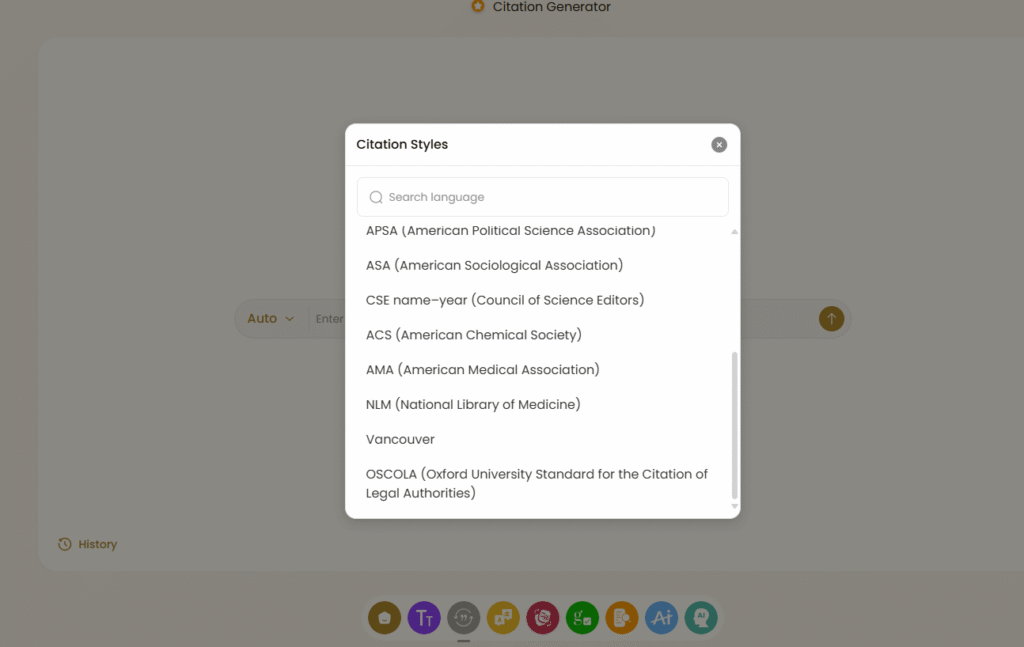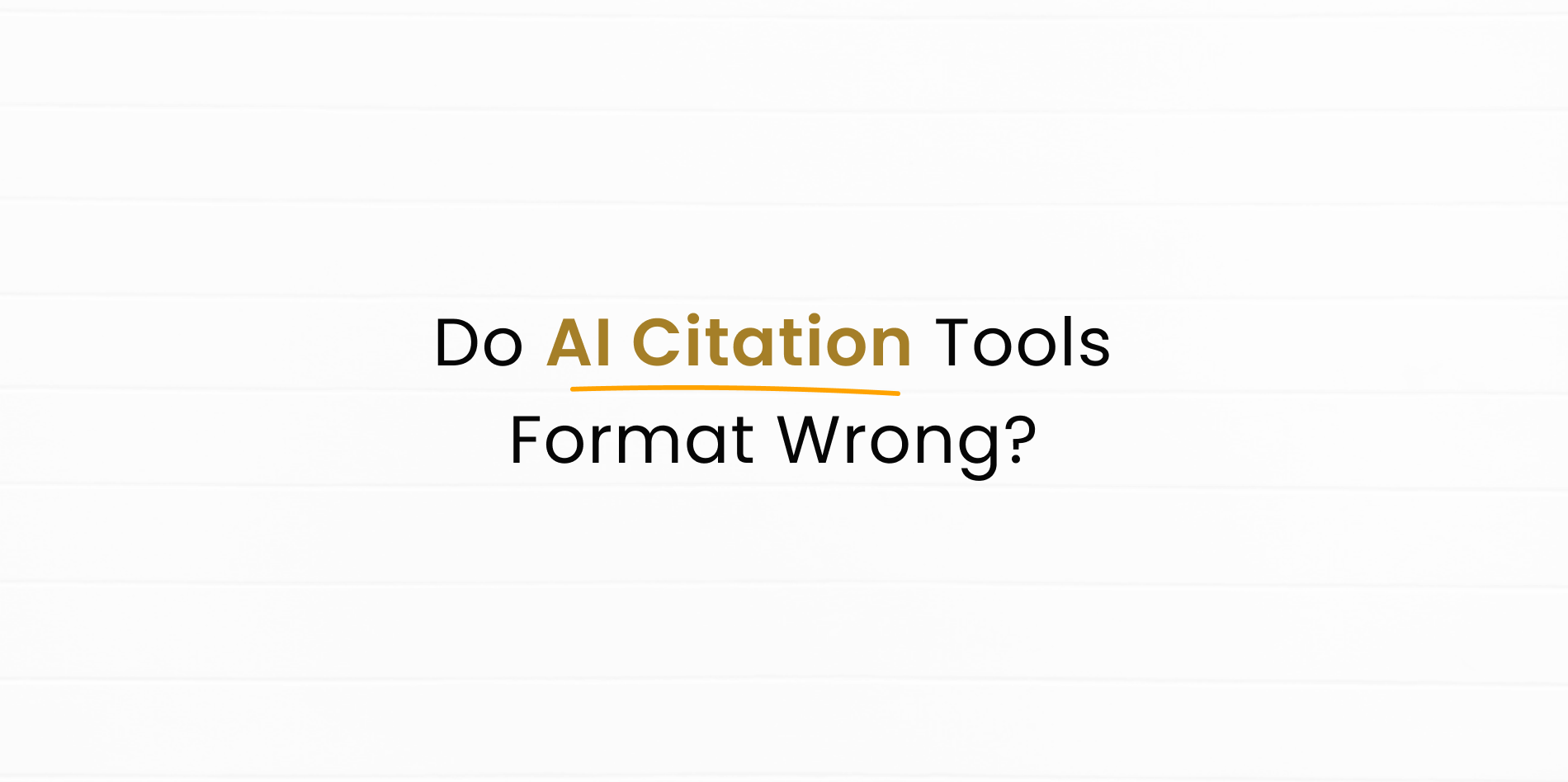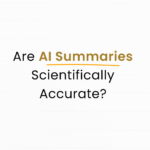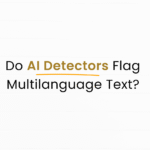Introduction
Writers, students, and researchers often ask: do AI citation tools format right every time? The rise of digital writing assistants has made it easier to generate references in seconds, but concerns about AI citation accuracy remain. While many AI citation tools are fast and reliable, they are not flawless.
Modern platforms claim to handle everything from books to journal articles, but does citation formatting with AI always follow exact rules like APA, MLA, or Chicago? Let’s examine how these systems work, their accuracy, and the best way to ensure correct AI-generated references every time.
How AI Citation Tools Work
An AI citation tool scans source details such as author names, publication dates, book titles, or URLs. It then formats them into a structured citation style. For example:
- Extracting details from a web page or PDF
- Matching them to style guidelines
- Generating a formatted reference instantly
Tools like the KreativeSpace citation generator make it easier for students to create references without memorizing complex rules.
AI Citation Accuracy
The big question is whether AI citation accuracy is guaranteed. The truth is: AI gets most references right, but not always. Issues may include:
- Missing details if the source metadata is incomplete
- Incorrect capitalization in book titles
- Outdated style rules when citation guidelines change
- Formatting errors in lesser-used styles
While an AI book citation generator can save time, human review is still needed to ensure final correctness.
Common Strengths of Citation Formatting with AI
When used properly, AI citation tools are highly effective for:
- Handling common sources like books, articles, and websites
- Ensuring consistency across long research papers
- Generating multiple citation styles quickly
- Reducing human error from manual formatting
For example, the KreativeSpace grammar checker can pair with the citation tool to polish both structure and style in academic work.
Common Errors in AI-Generated References
Despite advancements, AI-generated references are not perfect. Some common mistakes include:
- Missing DOIs or URLs in research paper citations
- Incorrect author order in multi-author works
- Confusing editions of books
- Formatting conference proceedings inaccurately
That’s why cross-checking citations with official style guides is still essential.
Improving AI Citation Accuracy
To make AI citation tools more effective, writers should:
- Double-check generated references against the official APA or MLA manual
- Use the KreativeSpace plagiarism checker to ensure originality alongside proper referencing
- Combine citation generation with the KreativeSpace summarizer to manage both references and notes efficiently
- Validate unusual or complex sources manually
This process ensures citation formatting with AI is both fast and reliable.
Do AI Citation Tools Work for Long Book Titles?
One of the challenges for any book citation generator is dealing with very long titles. AI systems may sometimes shorten or misformat them, affecting AI citation accuracy. Manually reviewing such cases ensures the reference follows the exact style rules.
For example, APA requires italicized book titles in full, while MLA may shorten publisher details. AI tools can mix these rules if unchecked.
AI-Generated References in Academia
Universities are increasingly open to AI-generated references, but they emphasize accuracy. Professors expect students to use AI citation tools responsibly, meaning that while tools may draft the citation, students must confirm correctness.
Pairing the KreativeSpace AI detector with a citation generator ensures academic work stays both original and properly sourced.

Outbound Reference on AI Citation
According to the American Psychological Association, citation accuracy remains a crucial part of academic integrity, and tools must be double-checked against official guidelines.
The Future of Citation Formatting with AI
AI is advancing quickly, and future improvements in AI citation tools will likely include:
- Real-time validation with citation databases
- Automatic detection of missing metadata
- Smarter handling of complex sources like interviews or datasets
- Higher AI citation accuracy through integration with publishers
As these features develop, the chances of AI formatting right every time will increase significantly.
The Decider
So, do AI citation tools format right every time? The answer is no—while they are highly efficient and accurate in most cases, errors still happen. AI citation accuracy is strongest when handling common sources, but human review remains necessary for complex references.
The safest approach is to use citation formatting with AI as a time-saving step, then cross-check for correctness. Platforms like KreativeSpace offer not only a book citation generator but also plagiarism checkers, grammar tools, and AI detection, helping students and researchers maintain academic credibility.
Ultimately, AI-generated references are a valuable assistant, but the responsibility for final accuracy lies with the writer.



